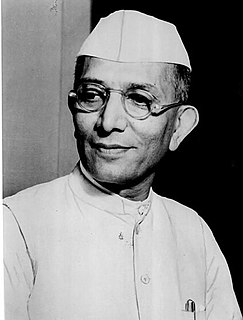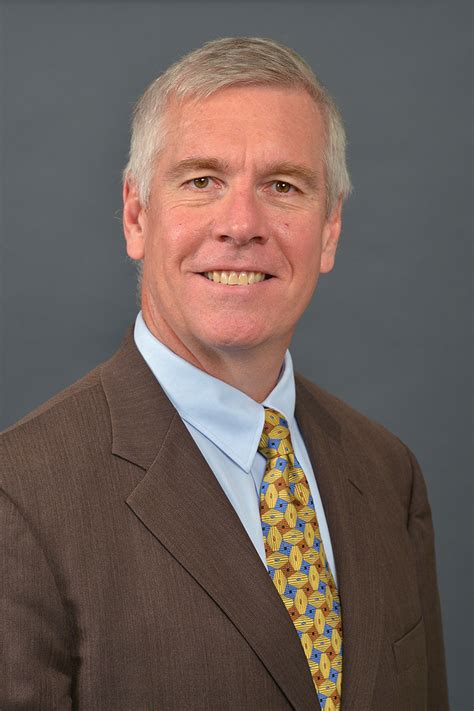A Quote by John Templeton
Self-improvement comes mainly from trying to help others.
Quote Topics
Related Quotes
Introspection is self-improvement and therefore introspection is self-centeredness. Awareness is not self-improvement. On the contrary, it is the ending of the self, of the “I,” with all its peculiar idiosyncrasies, memories, demands, and pursuits. In introspection there is identification and condemnation. In awareness there is no condemnation or identification; therefore, there is no self-improvement. There is a vast difference between the two.
It’s in our interest to take care of others. Self-centrednes s is opposed to basic human nature. In our own interest as human beings we need to pay attention to our inner values. Sometimes people think compassion is only of help to others, while we get no benefit. This is a mistake. When you concern yourself with others, you naturally develop a sense of self-confidence . To help others takes courage and inner strength.
God will allow us to follow self-help, self-improvement programs until we have tried them all, until we finally come to the honest confession, ‘I can't do it. I can't be righteous in my own strength!’ It is then, when we admit our utter powerlessness, that we find hope. For it is then when the Lord intervenes to do a work that we could not do for ourselves.
Selfish is an exploitation of others for self; selfless is an exploitation of self for others. Both are extrinsic. ..... Selfness. When selfness prevails, the qualities of others are sometimes used for self and the qualities of self are often extended to others. The basic and key difference is that exploitation is never the object of the outcome.
The Last Arrow transcends a moment or an issue. It is a call to move beyond self-indulgence to a life of sacrificial service. In The Last Arrow I address a broad spectrum of issues from the Syrian refugee crisis to the cultural epidemic of depression to the personal struggle of insignificance. The Last Arrow is a clarion call to make a difference in the world rather than a self-help book for personal self-improvement.



































